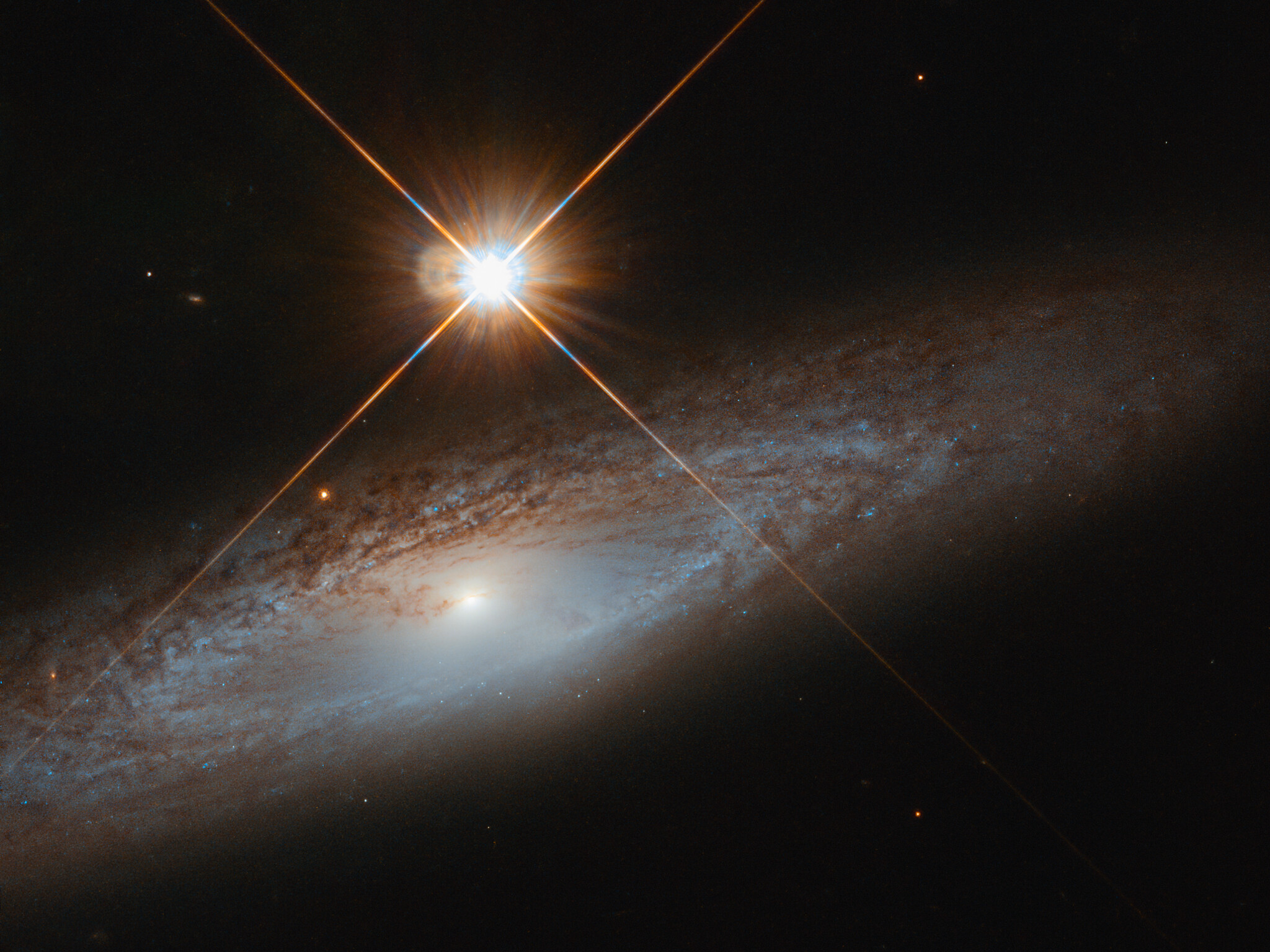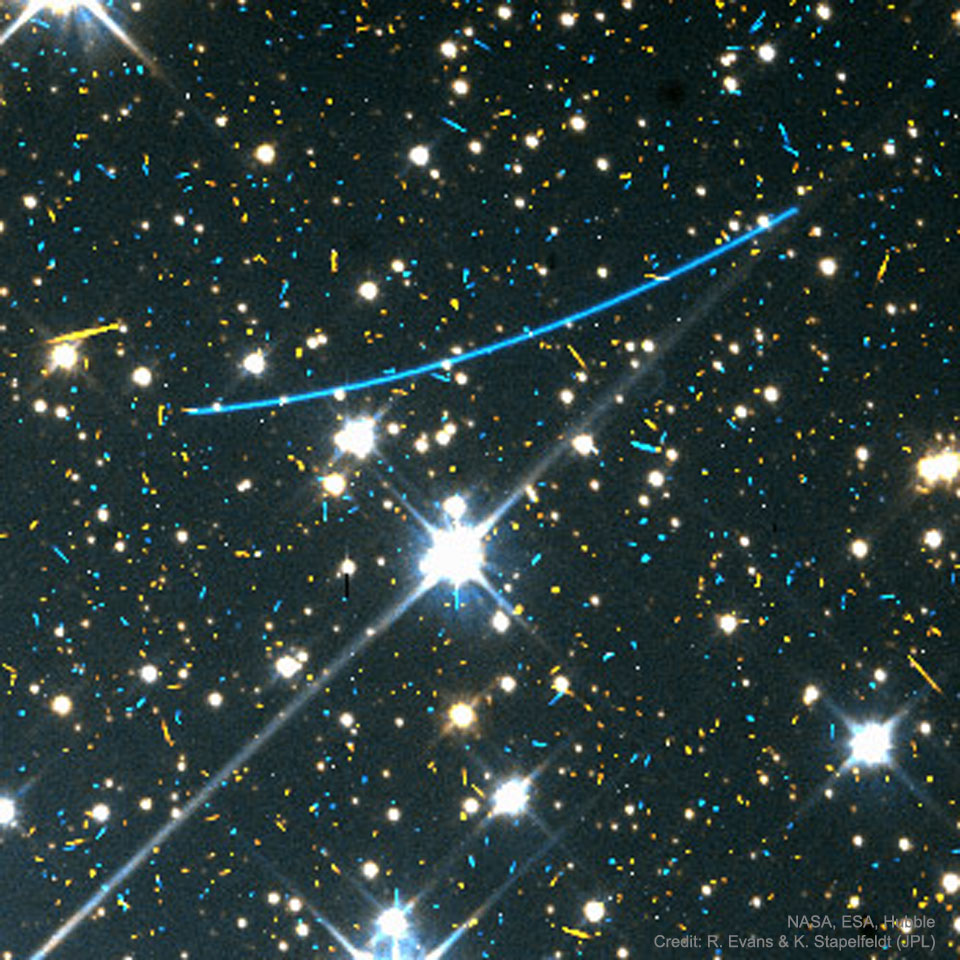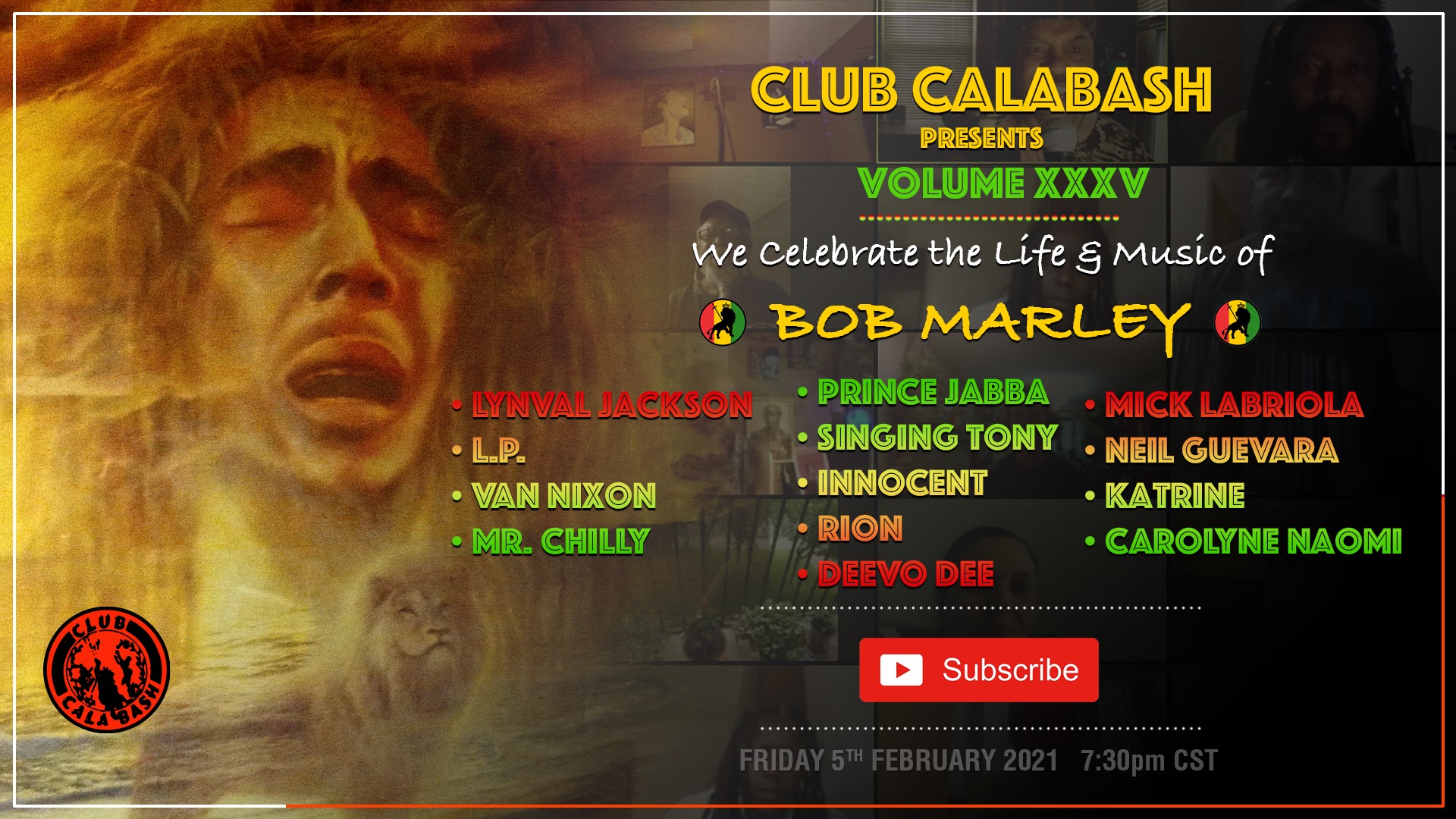Blog
Graham William Nash OBE (born 2 February 1942) is a British-American singer-songwriter and musician. Nash is known for his light tenor voice and for his songwriting contributions as a member of the English pop/rock group the Hollies and the folk-rock supergroup Crosby, Stills & Nash. Nash became an American citizen on 14 August 1978 and holds dual citizenship with the United Kingdom and the United States.
Nash is a photography collector and a published photographer. He was inducted into the Rock and Roll Hall of Fame as a member of Crosby, Stills & Nash in 1997 and as a member of the Hollies in 2010.
Nash was appointed an Officer of the Order of the British Empire (OBE) in the 2010 Birthday Honours List for services to music and to charity.
Nash holds four honorary doctorates, including one from New York Institute of Technology, one in Music from the University of Salford in 2011 and his latest Doctorate in Fine Arts from Lesley University in Cambridge, Massachusetts
more...Stanley Getz (February 2, 1927 – June 6, 1991) was an American jazz saxophonist, professionally known as Stan Getz. Playing primarily the tenor saxophone, Getz was known as “The Sound” because of his warm, lyrical tone, his prime influence being the wispy, mellow timbre of his idol, Lester Young. Coming to prominence in the late 1940s with Woody Herman‘s big band, Getz is described by critic Scott Yanow as “one of the all-time great tenor saxophonists”. Getz performed in bebop and cool jazz groups. Influenced by João Gilberto and Antônio Carlos Jobim, he popularized bossa nova in America with the hit single “The Girl from Ipanema” (1964).
Stan Getz was born on February 2, 1927, at St. Vincent’s Hospital in Philadelphia, Pennsylvania, United States. Getz’s father Al was born in Mile End, London, in 1904, while his mother Goldie (née Yampolsky) was born in Philadelphia in 1907. His paternal grandparents Harris and Beckie Gayetski were originally from the Kiev area of the Russian Empire (now Ukraine) but had migrated to escape the anti-Jewish pogroms in the Russian Empire to Whitechapel, in the East End of London. There, they owned the Harris Tailor Shop at 52 Oxford Street for more than 13 years. In 1913, Harris and Beckie emigrated to the United States with their three sons Al, Phil, and Ben, following their son Louis Gayetski who had emigrated to the US the year before.
https://www.youtube.com/watch?v=MJC1JPdqGRw&t=638s
more...Edward Hammond Boatner Jr. (February 2, 1924 – July 22, 1982), known professionally as Sonny Stitt, was an American jazz saxophonist of the bebop/hard bop idiom. Known for his warm tone, he was one of the best-documented saxophonists of his generation, recording more than 100 albums. He was nicknamed the “Lone Wolf” by jazz critic Dan Morgenstern because of his relentless touring and devotion to jazz. Stitt was sometimes viewed as a Charlie Parker mimic, especially earlier in his career, but gradually came to develop his own sound and style, particularly when performing on tenor saxophone.
Edward Hammond Boatner, Jr. was born in Boston, Massachusetts and grew up in Saginaw, Michigan. He had a musical background: his father, Edward Boatner, was a baritone singer, composer, and college music professor; his brother was a classically trained pianist, and his mother was a piano teacher. He was given up for adoption in 1924 by his father and adopted by the Stitt family in Saginaw. He later began calling himself “Sonny”. While in high school in Saginaw, he played in the Len Francke Band, a local popular swing band.
more...James Ambrose Johnson Jr. (February 1, 1948 – August 6, 2004), better known by his stage name Rick James, was an American singer-songwriter, multi-instrumentalist and record producer. Born and raised in Buffalo, New York, James began his musical career in his teen years. He was in various bands before entering the U.S. Navy to avoid being drafted into the army. In 1964, James deserted to Toronto, Canada, where he formed the rock band the Mynah Birds, who eventually signed a recording deal with Motown Records in 1966.
more...A bright foreground star isn’t enough to distract from the grandeur of the galaxy UGC 3885, captured here by the NASA/ESA Hubble Space Telescope. While this foreground star is incredibly bright to Hubble’s eye, it does not outshine the details of the background galaxy.
Many young blue stars are sprinkled throughout the circular patterns of UGC 3885’s arms, contrasted and complemented by dark lanes of dust also following the spiral structure. A glancing look at UGC 3885 may only leave you with an impression of the galaxy, but spare a moment longer and the intricacies of the galaxy begin to emerge. Located in the constellation of Lynx , UGC 3885 is a cosmic beauty to behold.

more...
Joshua Redman (born February 1, 1969) is an American jazz saxophonist and composer.
Joshua Redman was born in Berkeley, California, to jazz saxophonist Dewey Redman and dancer and librarian Renee Shedroff. He is Jewish.He was exposed to many kinds of music at the Center for World Music in Berkeley, where his mother studied South Indian dance. Some of his earliest lessons in music and improvisation were on recorder with gamelan player Jody Diamond. He was exposed at an early age to a variety of musics and instruments and began playing clarinet at age nine before switching to what became his primary instrument, the tenor saxophone, one year later. Redman cites John Coltrane, Ornette Coleman, Cannonball Adderley, his father Dewey Redman, as well as the Beatles, Aretha Franklin, the Temptations, Earth, Wind and Fire, Prince, the Police and Led Zeppelin as musical influences.
Redman graduated from Berkeley High School, class of 1986, after having been a part of the award-winning Berkeley High School Jazz Ensemble for all four years of high school. After graduation, Joshua frequented the classroom jam sessions of Bay Area pianist and professor of music (at Laney College in Oakland, California), Ed Kelly. It was there that he performed alongside saxophonist Robert Stewart.
more...Joseph Leslie Sample (February 1, 1939 – September 12, 2014) was an American keyboardist and composer. He was one of the founding members of the Jazz Crusaders, the band which became simply the Crusaders in 1971, and remained a part of the group until its final album in 1991 (not including the 2003 reunion album Rural Renewal).
Beginning in the 1970s, he enjoyed a successful solo career and guested on many recordings by other performers and groups, including Miles Davis, George Benson, Jimmy Witherspoon, B. B. King, Eric Clapton, Steely Dan, Joni Mitchell, Anita Baker, and the Supremes. Sample incorporated jazz, gospel, blues, Latin, and classical forms into his music.
Sample was born in Houston, Texas, on February 1, 1939, the youngest son of Alexander Sample, a mail-carrier, and Agatha (née Osborne) Sample, a seamstress. Sample began to play the piano at the age of five. He was a student of the organist and pianist (Theodore or T.) Curtis Mayo.
more...Sadao Watanabe (渡辺 貞夫, Watanabe Sadao, born February 1, 1933) is a Japanese jazz musician who plays alto saxophone, sopranino saxophone, and flute. He is known for his bossa nova recordings, although his work encompasses many styles, with collaborations from musicians all over the world.
Born in Utsunomiya, Japan, Sadao first began learning music at the age of 18 and started performing professionally in 1953. By 1958 he had performed with leading musicians and quartets. In 1962 he left Japan to study at Berklee College of Music in Boston. He has had more than 10 albums reach the top 50 Billboard charts and two within the top 10. He has also had numerous albums reach number one on the jazz charts.
On July 22, 1966, he played with the John Coltrane quintet in Tokyo while the group was touring Japan.
more...James Price Johnson (February 1, 1894 – November 17, 1955) was an American pianist and composer. A pioneer of stride piano, he was one of the most important pianists in the early era of recording, and like Jelly Roll Morton, one of the key figures in the evolution of ragtime into what was eventually called jazz. Johnson was a major influence on Count Basie, Duke Ellington, Art Tatum, and Fats Waller, who was his student.
Johnson composed many hit songs, including the unofficial anthem of the Roaring Twenties, “The Charleston,” and he remained the acknowledged king of New York jazz pianists through most of the 1930s. Johnson’s artistry, influence on early popular music, and contributions to musical theatre are often overlooked, and as such, he has been referred to by musicologist David Schiff as “The Invisible Pianist.”
Johnson was born in New Brunswick, New Jersey, United States.
more...Harold “Chuck” Willis (January 31, 1926 – April 10, 1958) was an American blues, rhythm and blues, and rock and roll singer and songwriter. His biggest hits, “C. C. Rider” (1957) and “What Am I Living For” (1958), both reached No.1 on the Billboard R&B chart. He was known as The King of the Stroll for his performance of the 1950s dance the stroll.
more...
Rocks from space hit Earth every day. The larger the rock, though, the less often Earth is struck. Many kilograms of space dust pitter to Earth daily. Larger bits appear initially as a bright meteor. Baseball-sized rocks and ice-balls streak through our atmosphere daily, most evaporating quickly to nothing. Significant threats do exist for rocks near 100 meters in diameter, which strike the Earth roughly every 1000 years. An object this size could cause significant tsunamis were it to strike an ocean, potentially devastating even distant shores. A collision with a massive asteroid, over 1 km across, is more rare, occurring typically millions of years apart, but could have truly global consequences. Many asteroids remain undiscovered. In the featured image, one such asteroid — shown by the long blue streak — was found by chance in 1998 by the Hubble Space Telescope. A collision with a large asteroid would not affect Earth‘s orbit so much as raise dust that would affect Earth’s climate. One likely result is a global extinction of many species of life, possibly dwarfing the ongoingextinction occurring now.

Charles Douglas Musselwhite (born January 31, 1944) is an American electric blues harmonica player and bandleader, one of the white bluesmen who came to prominence in the early 1960s, along with Mike Bloomfield and Paul Butterfield. He has often been identified as a “white bluesman”. Musselwhite was reportedly the inspiration for Elwood Blues; the character played by Dan Aykroyd in the 1980 film The Blues Brothers.
Musselwhite was born in Kosciusko, Mississippi to white parents. Originally claiming to be of partly Choctaw descent, in a 2005 interview he said his mother had told him he was of distant Cherokee descent. His family considered it natural to play music. His father played guitar and harmonica, his mother played piano, and a relative was a one-man band.
At the age of three, Musselwhite moved to Memphis, Tennessee. When he was a teenager, Memphis experienced the period when rockabilly, western swing, and electric blues were combining to give birth to rock and roll. That period featured Elvis Presley, Jerry Lee Lewis, Johnny Cash, and lesser-known musicians such as Gus Cannon, Furry Lewis, Will Shade, and Johnny Burnette. Musselwhite supported himself by digging ditches, laying concrete and running moonshine in a 1950 Lincoln automobile. This environment was a school for music as well as life for Musselwhite, who eventually acquired the nickname Memphis Charlie.
more...Philip Glass (born January 31, 1937) is an American composer and pianist. He is widely regarded as one of the most influential composers of the late 20th century. Glass’s work has been associated with minimalism, being built up from repetitive phrases and shifting layers. Glass describes himself as a composer of “music with repetitive structures”,[6] which he has helped evolve stylistically.
Glass founded the Philip Glass Ensemble, with which he still performs on keyboards. He has written numerous operas and musical theatre works, twelve symphonies, eleven concertos, eight string quartets and various other chamber music, and film scores. Three of his film scores have been nominated for Academy Awards.
In 1964, Glass received a Fulbright Scholarship; his studies in Paris with the eminent composition teacher Nadia Boulanger, from autumn of 1964 to summer of 1966, influenced his work throughout his life, as the composer admitted in 1979: “The composers I studied with Boulanger are the people I still think about most—Bach and Mozart.”
Glass later stated in his autobiography Music by Philip Glass (1987) that the new music performed at Pierre Boulez‘s Domaine Musical concerts in Paris lacked any excitement for him (with the notable exceptions of music by John Cage and Morton Feldman), but he was deeply impressed by new films and theatre performances. His move away from modernist composers such as Boulez and Stockhausen was nuanced, rather than outright rejection: “That generation wanted disciples and as we didn’t join up it was taken to mean that we hated the music, which wasn’t true. We’d studied them at Juilliard and knew their music. How on earth can you reject Berio? Those early works of Stockhausen are still beautiful. But there was just no point in attempting to do their music better than they did and so we started somewhere else.” He encountered revolutionary films of the French New Wave, such as those of Jean-Luc Godard and François Truffaut, which upended the rules set by an older generation of artists, and Glass made friends with American visual artists (the sculptor Richard Serra and his wife Nancy Graves), actors and directors (JoAnne Akalaitis, Ruth Maleczech, David Warrilow, and Lee Breuer, with whom Glass later founded the experimental theatre group Mabou Mines). Together with Akalaitis (they married in 1965), Glass in turn attended performances by theatre groups including Jean-Louis Barrault‘s Odéon theatre, The Living Theatre and the Berliner Ensemble in 1964 to 1965. These significant encounters resulted in a collaboration with Breuer for which Glass contributed music for a 1965 staging of Samuel Beckett‘s Comédie (Play, 1963). The resulting piece (written for two soprano saxophones) was directly influenced by the play’s open-ended, repetitive and almost musical structure and was the first one of a series of four early pieces in a minimalist, yet still dissonant, idiom. After Play, Glass also acted in 1966 as music director of a Breuer production of Brecht‘s Mother Courage and Her Children, featuring the theatre score by Paul Dessau.
https://www.youtube.com/watch?v=PufT63ER0uY
more...
Roosevelt Sykes (January 31, 1906 – July 17, 1983) was an American blues musician, also known as “The Honeydripper“.
Sykes was born in Elmar, Arkansas, and grew up near Helena. At age 15, he went on the road playing piano in a barrelhouse style of blues. Like many bluesmen of his time, he travelled around playing to all-male audiences in sawmill, turpentine and levee camps along the Mississippi River, sometimes in a duo with Big Joe Williams, gathering a repertoire of raw, sexually explicit material. His wanderings eventually brought him to St. Louis, Missouri, where he met St. Louis Jimmy Oden, the writer of the blues standard “Goin’ Down Slow“.
In 1929 he was spotted by a talent scout and sent to New York City to record for Okeh Records. His first release was “44 Blues” which became a blues standard and his signature song. He soon began recording for different labels under various names, including Easy Papa Johnson, Dobby Bragg, and Willie Kelly (for Victor Records from 1930 to 1933). During this period he befriended another blues musician, the singer Charlie “Specks” McFadden, and accompanied him on half of the McFadden’s recordings. After he and Oden moved to Chicago, Sykes found his first period of fame when he signed a contract with Decca Records in 1934. In 1943, he signed with Bluebird Records and recorded with the Honeydrippers. Sykes and Oden continued their musical friendship into the 1960s.
more...Atahualpa Yupanqui (Spanish pronunciation: [ataˈwalpa ʃuˈpaŋki]; born Héctor Roberto Chavero Aramburu; 31 January 1908 – 23 May 1992) was an Argentine singer, songwriter, guitarist, and writer. He is considered the most important Argentine folk musician of the 20th century.
Yupanqui was born Héctor Roberto Chavero Aramburu in Pergamino (Buenos Aires Province), in the Argentine pampas, about 200 kilometers away from Buenos Aires. His father was a mestizo descended from indigenous people, while his mother was born in the Basque country. His family moved to the Northwest city of Tucumán when he was nine. In a bow to two legendary Incan kings, he adopted the stage name Atahualpa Yupanqui, which became famous all around the world.
In his early years, Yupanqui traveled extensively through the northwest of Argentina and the Altiplano studying the indigenous culture. He became politically active and joined the Communist Party of Argentina. In 1931, he took part in the failed Kennedy brothers uprising against the de facto government of José Félix Uriburu and in support of deposed president Hipólito Yrigoyen. After the uprising was defeated, he was forced to seek refuge in Uruguay. He returned to Argentina in 1934.
more...More Posts
- The Cosmos with IC 2631
- George Russell Day
- Milt Hinton Day
- World Music with Mustapha Tettey Addy
- Daily Roots with Turbulence
- The Cosmos with NGC 4565
- Kris Kristofferson Day
- Ray Mantilla Day
- Cal Green Day
- World Music with ESTRELLA MORENTE
- Daily Roots with Sizzla
- The Cosmos with NGC 5426/27
- Eric Reed Day
- Lalo Schifrin
- Skip James Day
- World Music with Alekos K. Vretos
- Daily Roots with Ijahman Levy
- The Cosmos with M16
- Eric Dolphy Day
- Lazy Lester Day
